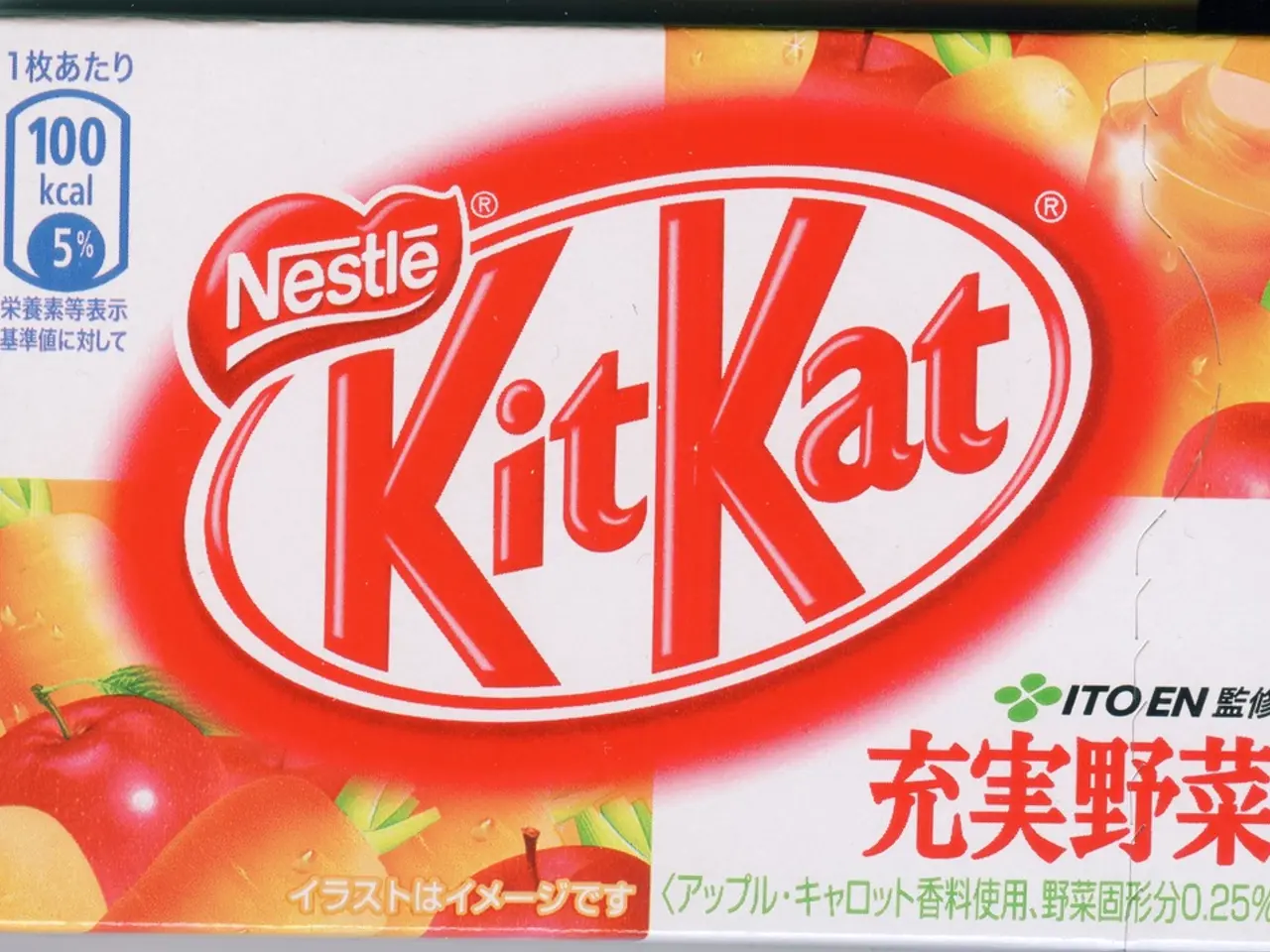New Compound Holding Promises to Suppress Extreme Inflammatory Responses, Such as IBS and Asthma Attacks, in the Future
Here's the rewritten article:
Mast Cells: A Cure for Hard-to-Treat Allergic Reactions?
Mast cells, part of our immune system, often act as our body's first line of defense, warding off viruses, bacteria, and poisonous substances from creatures like snakes and insects. They can produce mucus, instigate swelling, and provoke itching, as well as contract muscles in our airways, stomach, and intestines—all necessary responses to destroy or expel invaders. However, overactive mast cells can cause a host of issues, including annoying allergies, and in some cases, potentially life-threatening conditions.
Recent research published in the journal Signal Transduction and Targeted Therapy presents a promising solution: a compound that minimizes mast cells' ability to trigger particularly severe allergic reactions, including irritable bowel syndrome (IBS), asthma, prolonged itching, and migraines. Historically, these conditions were considered pseudo-allergic reactions, but recent findings suggest they should be classified as a type of allergy. This compound appears to significantly reduce symptoms and, in consequence, lower the fatality risk involved.
"This compound shows great promise," states Christa Mueller, a co-author of the study and a researcher specializing in the medicinal chemistry of membrane proteins at the University of Bonn.
Allergic reactions usually occur when immune cells called antibodies alert mast cells to the presence of invaders. However, the hard-to-treat conditions discussed here develop when mast cells are directly activated, bypassing the need for antibodies. This activation triggers reactions specific in nature and difficult to treat—a frustrating challenge for both patients and doctors.
Fifteen years ago, Mueller and her team identified a receptor called MRGPRX2 in the mast cells' membrane, which "turns on" these challenging reactions upon binding with specific molecules. To prevent these reactions, Mueller contends, the receptor's activation must somehow be blocked. "The question was: how?"
To address this query, the researchers screened a collection of 40,000 compounds amassed by Mueller's department. They employed cells that emit light when MRGPRX2 is activated, allowing them to determine the effectiveness of potential blockers by monitoring whether the light signal is diminished. In this manner, they discovered a molecule that can attach to the receptor and block it, thereby preventing its activation.
This molecule was used to create a substance that functions well even in low doses and has been proven effective in both lab mice and isolated human mast cells at halting life-threatening allergic reactions. Moreover, the researchers claim the molecule only blocks the intended receptor, reducing the risk of unwanted side effects.
While Al Hamwi, Mueller, and their colleagues have since further optimized the substance's efficacy and duration, additional animal tests and ultimately human trials are necessary before it can be approved and commercialized as a drug. Nevertheless, it offers hope for patients with inflammatory conditions and those at risk of anaphylactic shock.
Enrichment Data:
- Key Developments: Researchers have identified compounds like PSB-172656, which effectively block the MRGPRX2 receptor. In animal models, these compounds have shown potential in preventing anaphylactic reactions, reducing inflammation, and easing symptoms in conditions like asthma and irritable bowel syndrome.
- Therapeutic Applications: Blocking the MRGPRX2 receptor could help prevent severe allergic reactions, including anaphylactic shock, and potentially benefit patients with chronic inflammatory conditions such as severe itching and gastrointestinal diseases.
- Future Research Directions: While this compound holds promise, further research is required to investigate its efficacy and safety in humans. Clinical trials in nonhuman primates or humans will be crucial to fully evaluate its potential as a therapeutic agent.
- The future of treating hard-to-treat allergic reactions could be revolutionized by technology, as researchers have identified compounds like PSB-172656 that block the MRGPRX2 receptor.
- In the realm of science, these compounds have shown great promise in preventing anaphylactic reactions, reducing inflammation, and easing symptoms in conditions such as asthma and irritable bowel syndrome.
- As gizmodo goes, this breakthrough in health-and-wellness could significantly impact therapies-and-treatments for patients with chronic inflammatory conditions, such as severe itching and gastrointestinal diseases.
- Fitness-and-exercise enthusiasts may also benefit from this development, as blocking the MRGPRX2 receptor could potentially protect them from anaphylactic shock.
- Nutrition plays a crucial role in overall health, and this scientific discovery could pave the way for new treatments and diets that emphasize immune system health and allergy management.
- To fully understand the potential of these compounds, future research will focus on human trials to assess their efficacy and safety, with clinical tests in nonhuman primates being a key step in this process.








